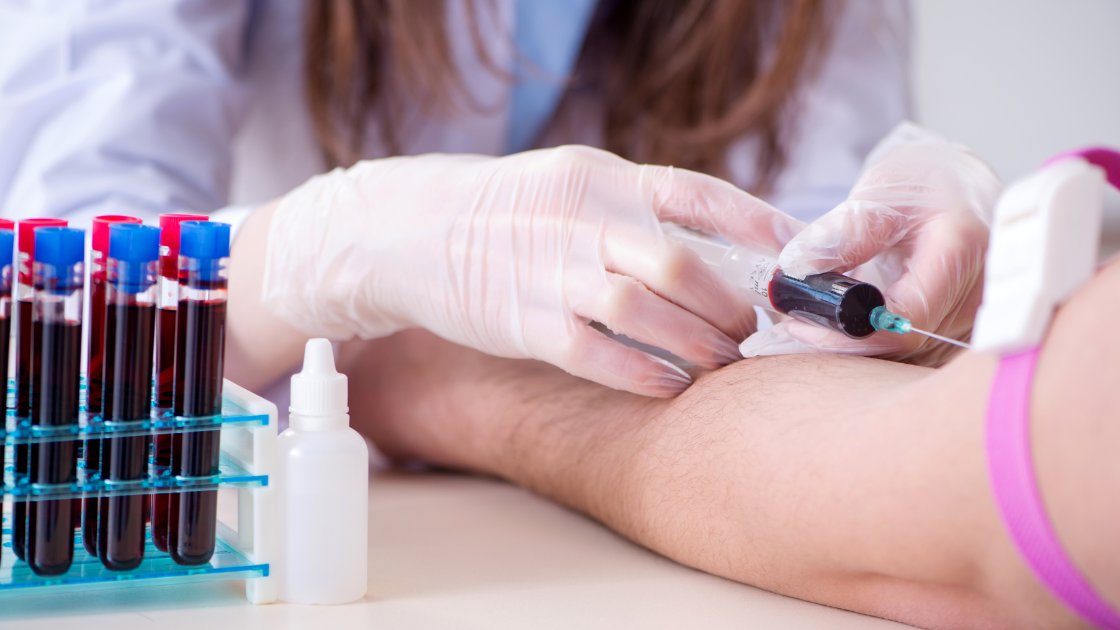Are Non-Fasting Blood Tests Accurate? Here’s What the Science Says

“Wait… I don’t need to skip breakfast for this blood test?”
If that’s your reaction, you’re not alone.
For years, we’ve been told to fast before a blood test — no kopi, no kaya toast, just a grumbling stomach and a clock ticking down to 10am. But now, science is saying, maybe that’s not always necessary. In fact, non-fasting blood tests are gaining popularity in Singapore and around the world — and not just because skipping meals is hard.
So, are these non-fasting tests actually reliable? Can you really get an accurate picture of your health without sacrificing your morning routine?
In this guide, we’ll break down what the research says, which tests don’t need fasting, and how non-fasting screenings at HOP Singapore might just change the way you think about health checks — forever.
Let’s dive in.
Understanding Non-Fasting Blood Tests
Non-fasting blood tests allow individuals to undergo health screenings without the need to abstain from food or drink for extended periods. This approach enhances flexibility and comfort, especially for those with busy schedules or specific health conditions.
Scientific Evidence Supporting Non-Fasting Tests
Cholesterol and Lipid Profiles
Historically, fasting was deemed essential for accurate lipid profile assessments. However, contemporary research indicates that non-fasting lipid measurements are equally reliable. A meta-analysis of 68 studies found that non-fasting blood samples did not compromise cardiovascular risk prediction . Furthermore, a study published in Circulation revealed that non-fasting LDL cholesterol measurements could be more accurate than fasting ones in certain scenarios .VA News+3Health+3Nature+3PMC
Diabetes Screening
For diabetes detection, the Hemoglobin A1c (HbA1c) test has become a standard non-fasting method. This test reflects average blood sugar levels over the past two to three months, providing a comprehensive view of an individual’s glucose control . The Johns Hopkins Bloomberg School of Public Health also supports the efficacy of non-fasting HbA1c tests in identifying youth at risk for type 2 diabetes .Doctor AnywhereHarvard HealthBloomberg School of Public Health
Advantages of Non-Fasting Health Screenings
- Convenience: Eliminates the need to schedule tests around fasting periods.
- Comfort: Reduces discomfort associated with prolonged fasting.
- Safety: Minimizes the risk of hypoglycemia, especially in diabetic patients.
- Accessibility: Encourages more individuals to undergo regular health screenings.
HOP Singapore’s 30-Minute Express Health Screening
HOP Singapore offers a comprehensive 30-minute express health screening that requires no fasting. This service is designed for individuals seeking quick and hassle-free health assessments. Key features include:
- Rapid Process: Complete your screening in just 30 minutes.
- No Fasting Required: Enjoy the flexibility of scheduling your test at any time of the day.
- Comprehensive Packages: Choose from various packages tailored to your health needs.
- Expert Consultation: Receive a detailed report and consult with our medical professionals.
For more details, visit our Express Health Screening page.
Conclusion
Non-fasting blood tests have proven to be accurate and offer numerous benefits over traditional fasting methods. By embracing these advancements, individuals can prioritize their health without compromising their daily routines. HOP Singapore remains committed to providing accessible and reliable health screening services to the community.
Related Services
External References
- Harvard Health: Blood Tests and Fasting
- Johns Hopkins: Non-Fasting Blood Test Accuracy
- PubMed: Non-Fasting Lipid Profiles
*Note: While non-fasting tests are accurate for most individuals, certain conditions may still require fasting. Consult with your healthcare provider to determine the best approach for your health screening.*
